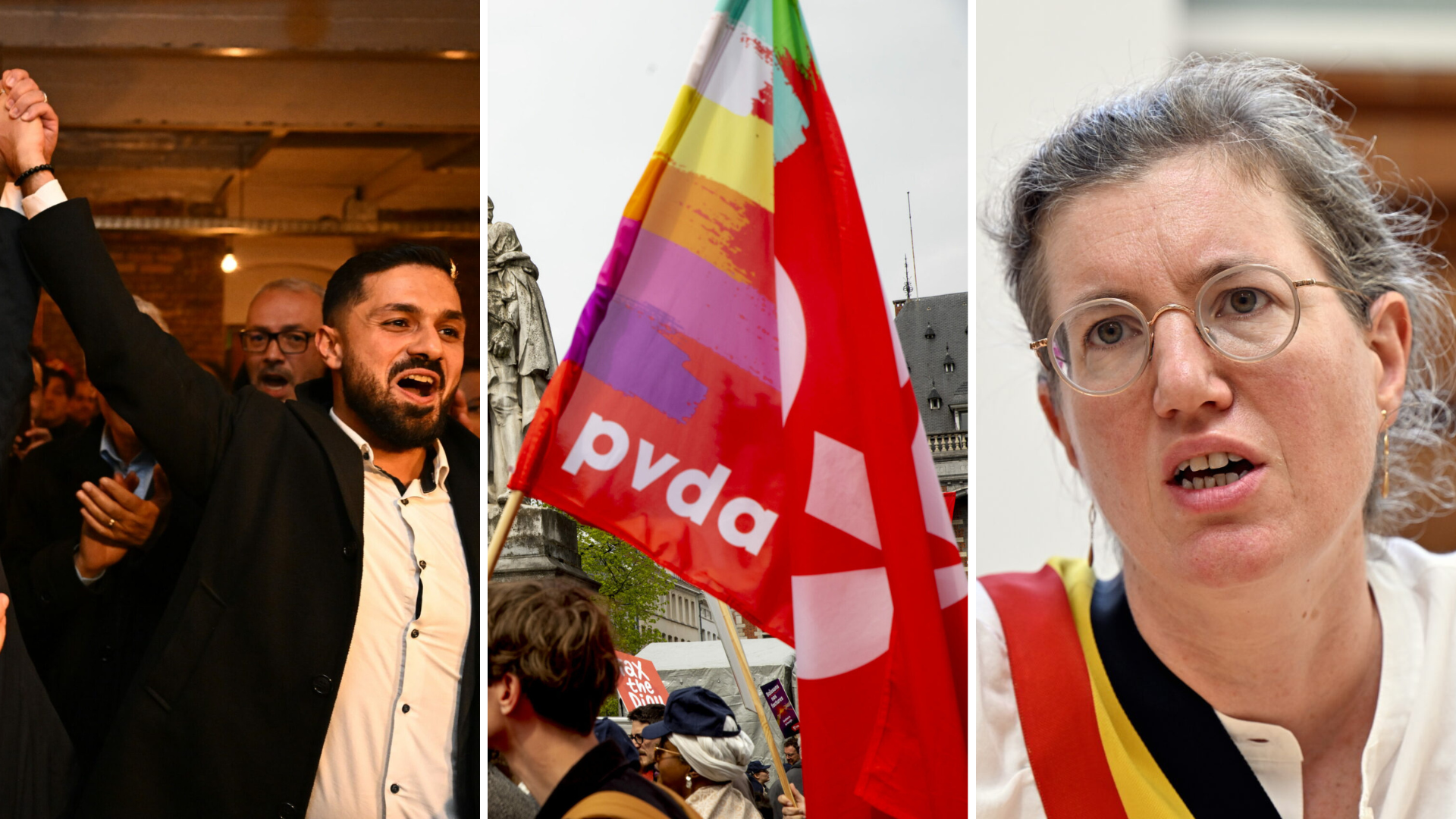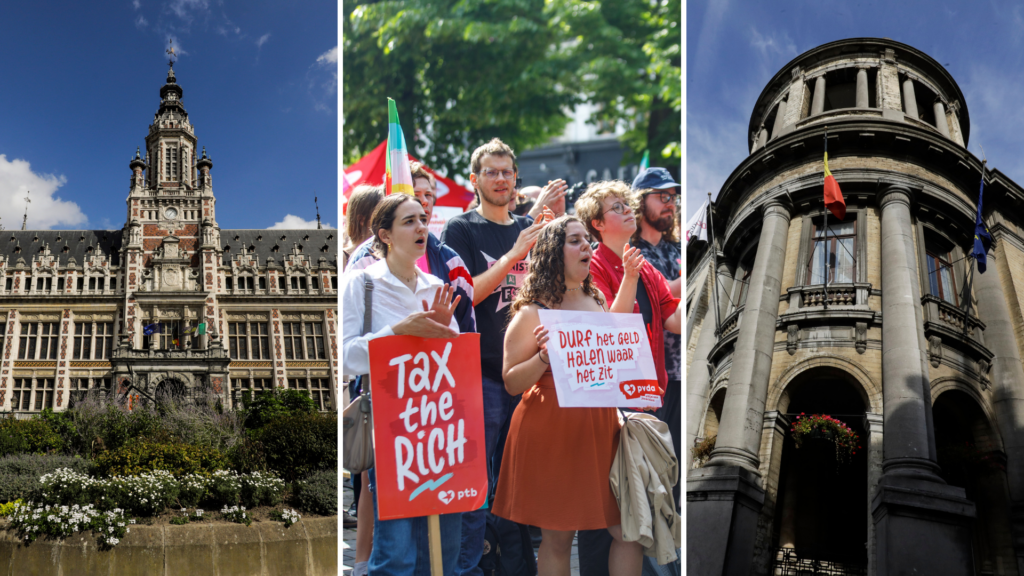Coalitions don't come easy in Belgium. In a country of numerous political groups in which divides are accentuated – whether linguistic, regional, or ideological – defining between parties is more complicated than pointing left or right. There's more nuance and debates zoom in on finer details than in countries that are less politically diverse.
This is even more the case at the local level, when community issues cannot be treated with broad-brush national policies. But forming a governing authority is no less complex closer to the ground. In Brussels, the communal elections of two weeks ago have thrown up their own problems as numerical majorities require uncomfortable alliances. And differences played out at the State level weigh on local negotiations.
Notably, the communes of Molenbeek, Forest, and Schaerbeek are all turning towards the radical left workers party PTB, a party which has previously been viewed with suspicion. PTB is used to being in opposition, from where it has been able to criticise ruling parties without compromising on its hardline positions.
The established left Socialist Party has always been eager to keep a distance from the Marxist group whilst some centre-right parties have likened PTB to the far-right Vlaams Belang, arguing that PTB should be subject to the same "cordon sanitaire". But unlike for Vlaams Belang – which is excluded by all political groups – this is a framing that left-wing parties reject.
"There has never been a cordon sanitaire around PTB for the simple reason that they do not have racist ideals and they respect human rights," a Green party member told The Brussels Times. In other contested communes, the socialists realise that they are mathematically obliged to ally with PTB if they are to gain a majority.
It's a reality that some socialists accept more than others, as to include PTB in one commune will almost certainly see the radical left enter coalitions in the other two. But as PTB edges into authority, will it lose the harder edges that set it apart from left parties closer to the centre?
Belgium in Brief is a free daily roundup of the top stories to get you through your coffee break conversations. To receive it straight to your inbox every day, sign up below:
1. Most Brussels drivers support Good Move plan – study
Nearly 70% of drivers support developing additional bus and tram lines, even at the expense of parking spaces, and over half would welcome more cycle paths. Read more.
2. Coalition clashes in Molenbeek, Forest and Schaerbeek: What’s going on?
All three communes represent the likelihood of the radical left Belgian Workers Party coming to power in French-speaking Brussels for the first time ever. Read more.

3. Kidnapped baby: Search continues, family spotted in Mons
The search continues for a newborn baby, who was kidnapped by his parents from a French hospital on Monday. There has been no trace of them since Wednesday. Read more.
4. Preventing mass unemployment: Audi Brussels ‘crisis unit’ discusses new jobs for factory workers
The Audi Brussels plant seems destined for closure and mass redundancies will affect some 3,000 people. Read more.
5. Two community ‘peacekeepers’ assaulted in Saint-Gilles
The pair were called to a square with open drug dealing. Here, a large group started hitting and even stabbing the officers. Read more.
6. Over 14,000 people request debaptism ‘out of disgust’ at abuse culture
Debaptism is not just symbolic; it has political consequences too. The Church still receives state funding dependant on the amount of registered Catholics. Read more.
7. Brussels drinking water found to have traces of ‘forever chemical’ TFA
TFA, a member of the PFAS family, is a non-degradable chemical compound known for its potential environmental impact. Read more.

